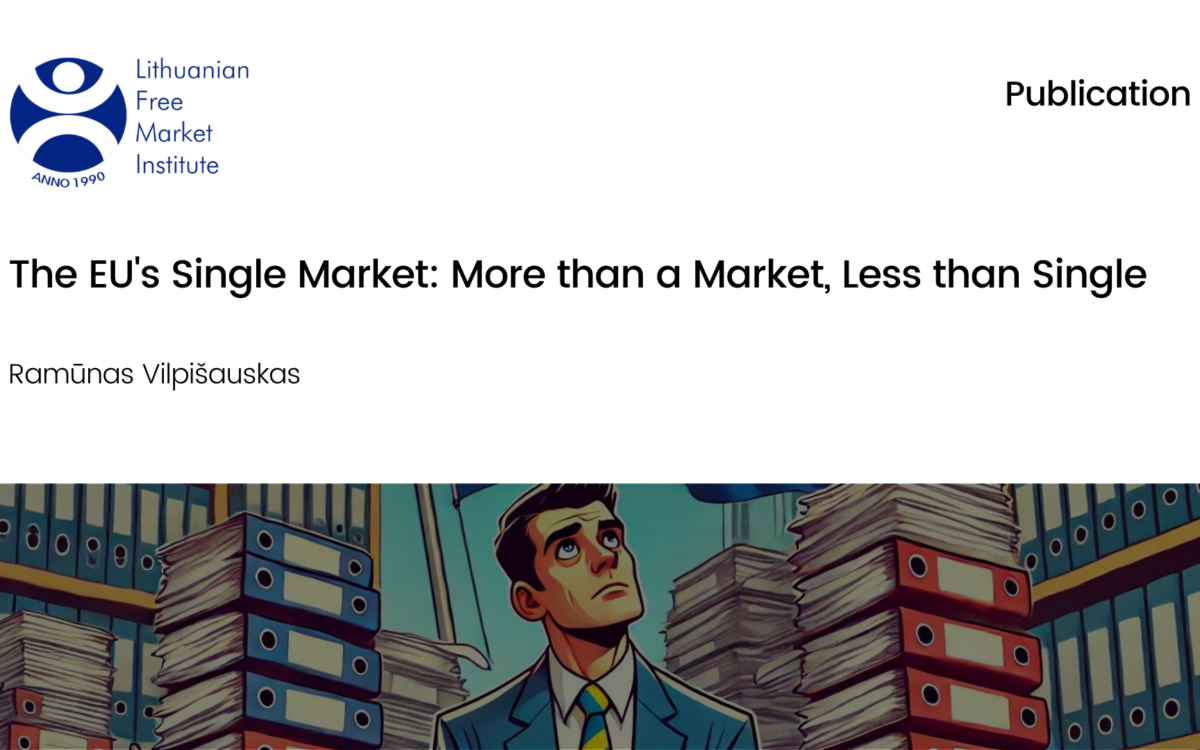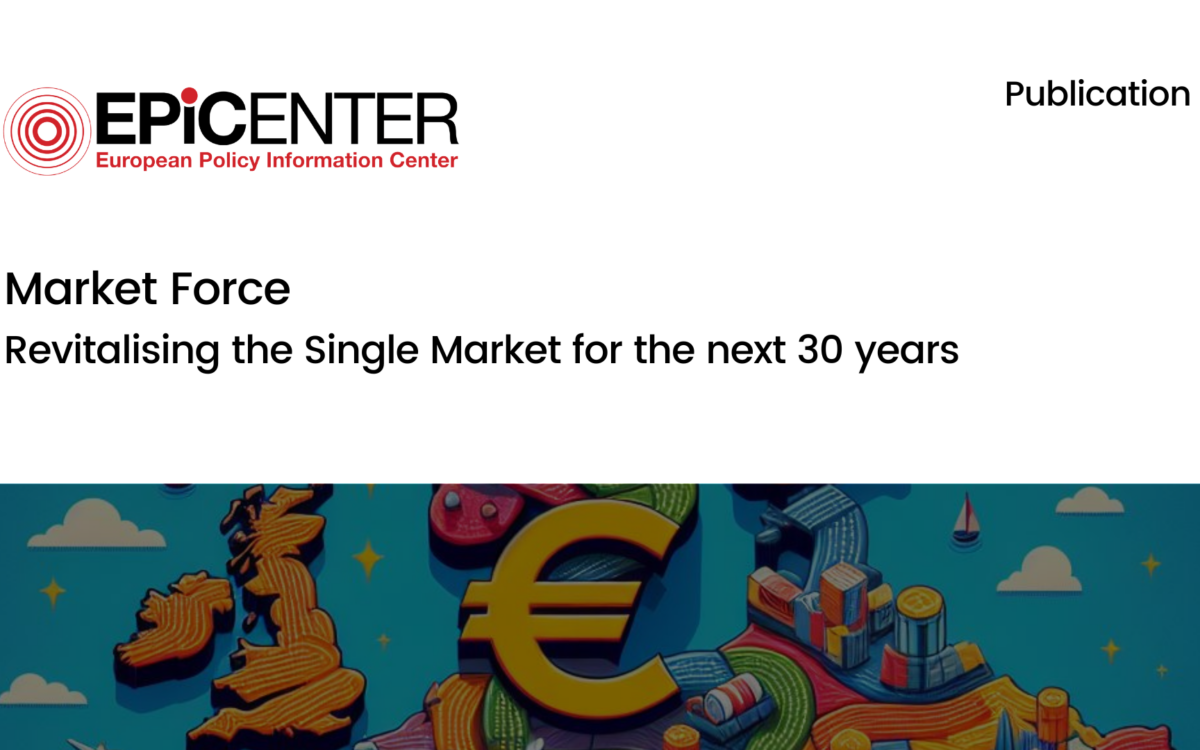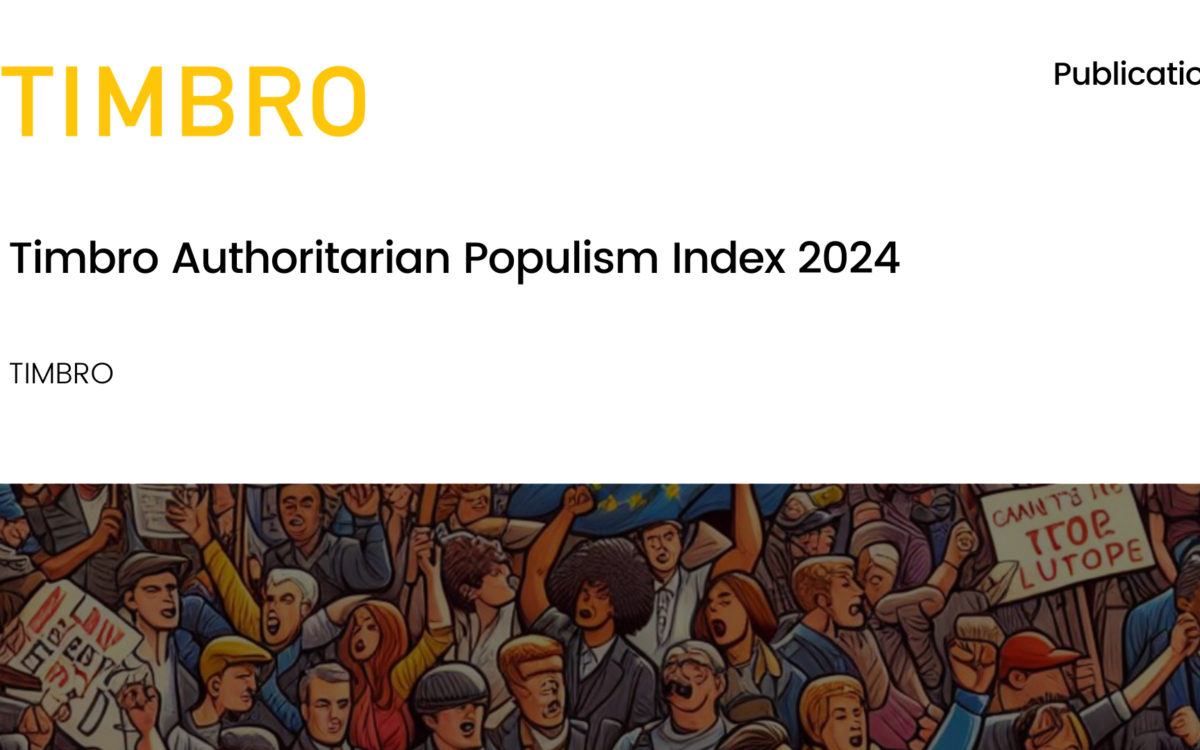The Mass Demonstrations in France is a Reaction to the Effects of Interventionism, Not Liberalism

The Mass Demonstrations in France is a Reaction to the Effects of Interventionism, Not Liberalism
7 February 2019
Mass protests of the “yellow vests” have been taking place in France since 17 November 2018. The catalyst of the demonstration was a fuel tax increase, supposed to place a disproportionate burden on the middle class from the province. However, the list of demands quickly grew to include various social and protectionist slogans. The protestors are demanding a simultaneous growth of the state and a reduction of taxes.
For some commentators, the riots in France have become an excuse to put the traditional blame on liberalism. They speak of “the process of disintegration and transformation of the structures of power created in Europe by post-war liberalism” (Cichocki 2018) – despite the omnipotence of bureaucracy in France. They say, that “the current neoliberal paradigm has been discredited” (Zielonka 2018) – despite the overregulation of the French economy. Or they argue that it is “the policy of liberal elites that strengthens the extreme right” (Tok FM 2018) – despite the stable several percent of support for nationalists in French elections for the past 30 years, at a time when a developed social state lasted at its best, without the market reforms that have been implemented in other European countries. These are therefore utterly false diagnoses.
If liberalism is to be interpreted as economic freedom, France is very far from this ideal. While the majority of Western European welfare states, such as Sweden and Germany, have carried out profound reforms in the last three decades, France is still one of the most bureaucratized and state controlled economies in the European Union
Download or share this publication
View the PDF
EPICENTER publications and contributions from our member think tanks are designed to promote the discussion of economic issues and the role of markets in solving economic and social problems. As with all EPICENTER publications, the views expressed here are those of the author and not EPICENTER or its member think tanks (which have no corporate view).



